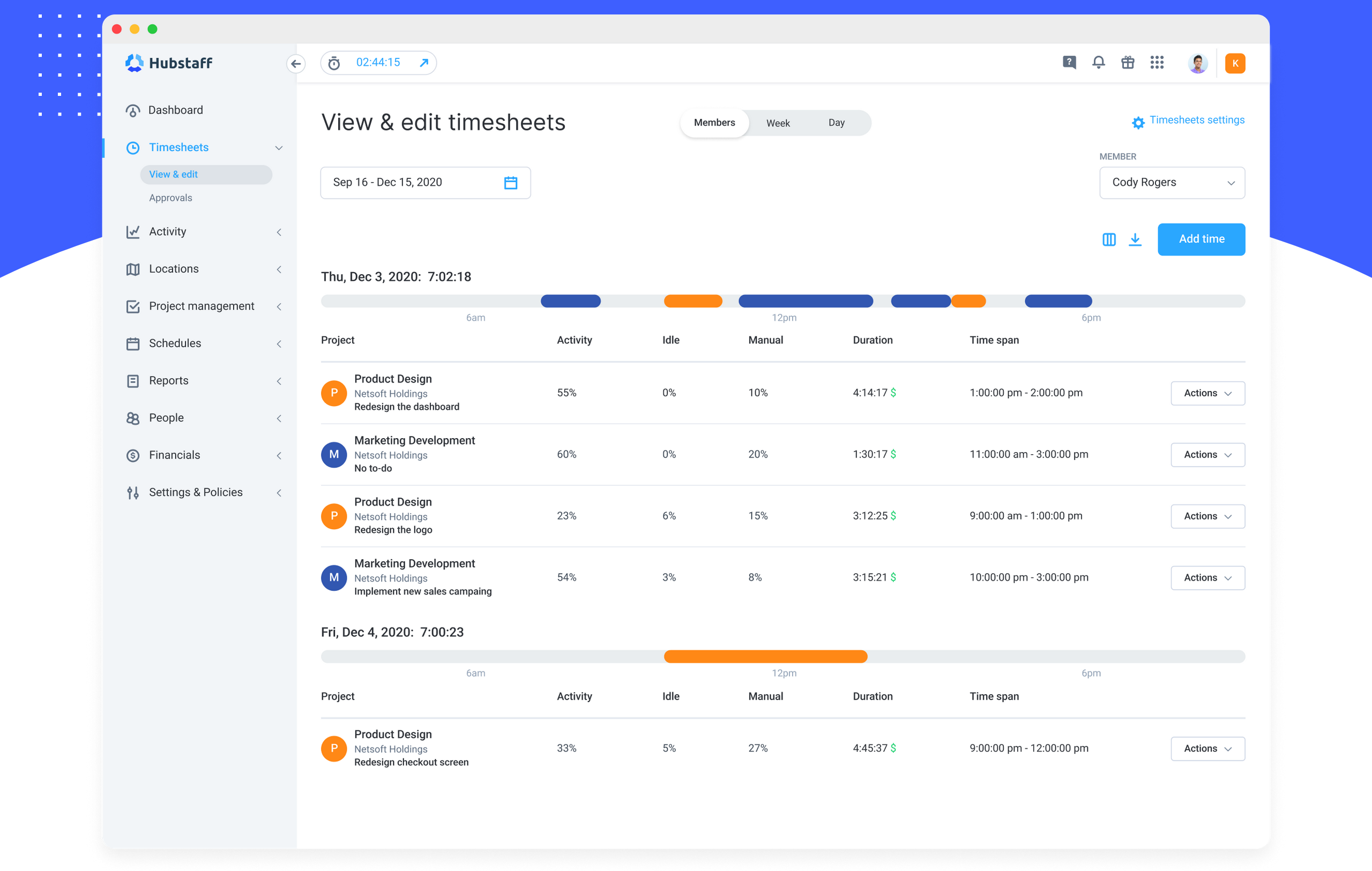Navigating Time Tracking Software Market Challenges Effectively

The industry faces several persistent Time Tracking Software Market Challenges, with employee resistance and privacy concerns standing out as the most significant hurdle. Many employees perceive time tracking as a manifestation of distrust or a tool for micromanagement, which can lead to pushback, low adoption rates, and a negative impact on company morale. The use of more invasive features, such as screen captures or keystroke logging, exacerbates these fears. The key challenge for vendors and adopting companies is to frame the software as a tool for transparency and efficiency rather than surveillance. This requires a focus on developing privacy-respecting features and a commitment from management to communicate the benefits of the software for both the individual and the organization clearly.
Another major challenge is ensuring the accuracy and integrity of the collected data. The principle of "garbage in, garbage out" applies directly to time tracking; if employees are not diligent, consistent, and honest in logging their time, the resulting data is unreliable for critical business functions like client billing, payroll, and project costing. Manual time entry is particularly prone to errors, forgetfulness, and estimation. While automation can help mitigate this, it is not a perfect solution, as automatically tracked time still needs to be correctly categorized by the user. The ongoing challenge is to make the time logging process as frictionless and foolproof as possible to maximize data quality without creating an undue administrative burden on employees.
Finally, the market is confronted with the challenge of intense competition and product differentiation. The barrier to entry for creating a basic time tracking application is relatively low, which has resulted in a highly saturated market with hundreds of seemingly similar products. This makes it difficult for potential customers to distinguish between options and for vendors to stand out from the crowd. To succeed, companies must overcome the challenge of being seen as just another commodity. This requires a clear unique selling proposition, whether that is through a superior user experience, a focus on a specific niche market, innovative AI-powered features, or exceptional customer support, in order to carve out a defensible position in a crowded field.
- Art
- Causes
- Crafts
- Dance
- Drinks
- Film
- Fitness
- Food
- Spellen
- Gardening
- Health
- Home
- Literature
- Music
- Networking
- Other
- Party
- Religion
- Shopping
- Sports
- Theater
- Wellness
